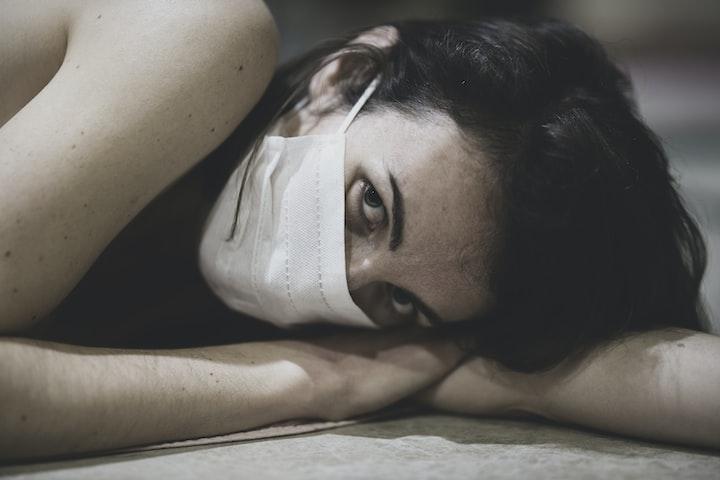How Do You Know if You Have Chronic Stress?
Chronic stress is a condition that occurs when a person experiences long-term, intense stress. It can lead to a variety of physical and mental health problems. Chronic stress can be caused by a number of factors, including work, relationships, and finances.
There are several signs and symptoms that may indicate you are suffering from chronic stress. These include feeling overwhelmed or constantly under pressure, feeling tense or irritable, having difficulty concentrating or making decisions, experiencing changes in appetite or sleep patterns, feeling anxious or depressed, and experiencing physical symptoms such as headaches or chest pain. If you are experiencing any of these symptoms on a regular basis for an extended period of time, it is important to see your doctor so they can rule out other potential causes and help you develop a plan to manage your chronic stress.
Read More »How Do You Know if You Have Chronic Stress?






